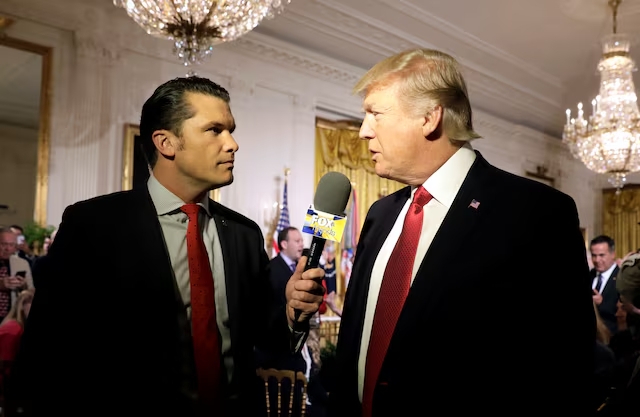
Brian Wong, Assistant Professor in Philosophy and Fellow at Centre on Contemporary China and the World, HKU and Rhodes Scholar
Mar 04, 2025
Peter Hegseth’s inability to name an ASEAN country underscores the Trump administration’s broader indifference to Southeast Asia, favoring trade protectionism, military burden-shifting, and transactional diplomacy over sustained regional engagement.
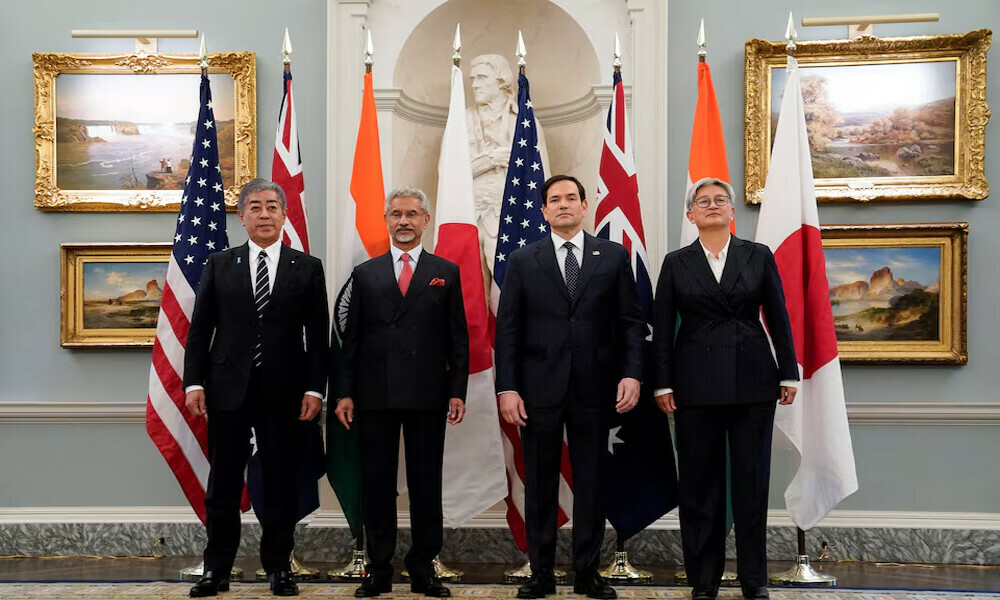
Ghulam Ali, Deputy Director, Hong Kong Research Center for Asian Studies
Mar 04, 2025
The Asia-Pacific region began to exhibit signs of easing major geopolitical tensions in late 2024, but has started to heat up again following President Trump’s return to power in the White House. During the ‘easing’ period, although low-level disputes persisted in the vast region, in the South China Sea, and in cross-strait relations, the risk of a conflict involving regional heavyweights was not imminent.
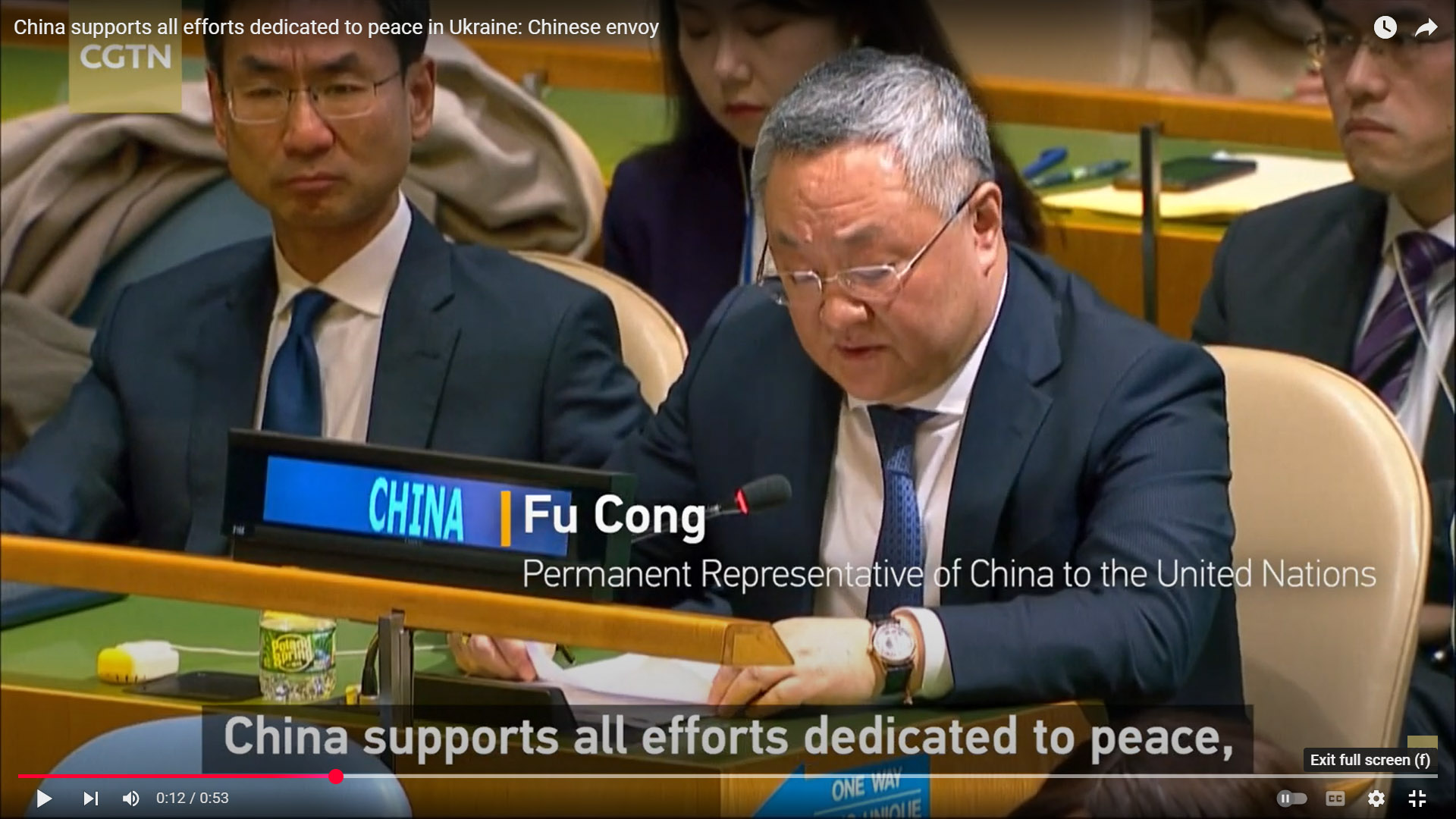
Xiao Bin, Deputy Secretary-general, Center for Shanghai Cooperation Organization Studies, Chinese Association of Social Sciences
Feb 27, 2025
U.S. President Donald Trump’s approach to promoting peace in Ukraine has brought significant changes. China needs to find new roles for itself in promoting the peace process, while continuing to advocate political solutions.
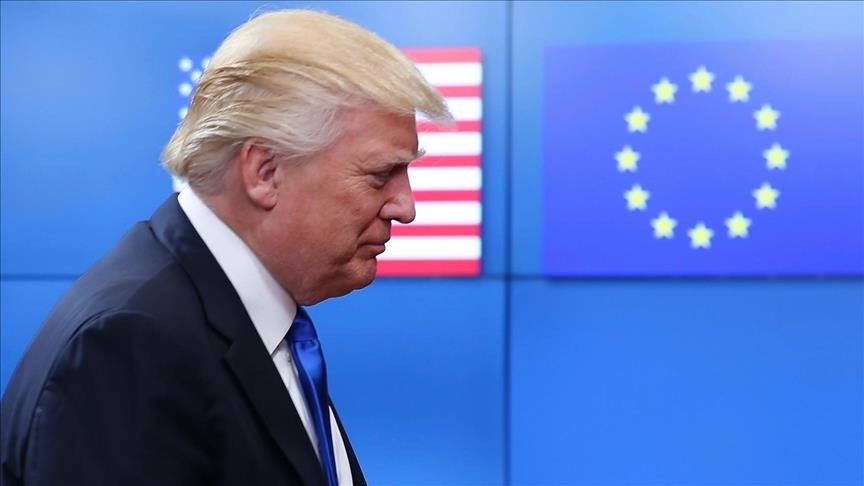
Jade Wong, Senior Fellow, Gordon & Leon Institute
Feb 27, 2025
During Donald Trump’s second term, the world’s three major continental powers — China, the United States and the European Union — will engage in their most intense interactions since the end of World War II. The results will shape the global power structure in stages.
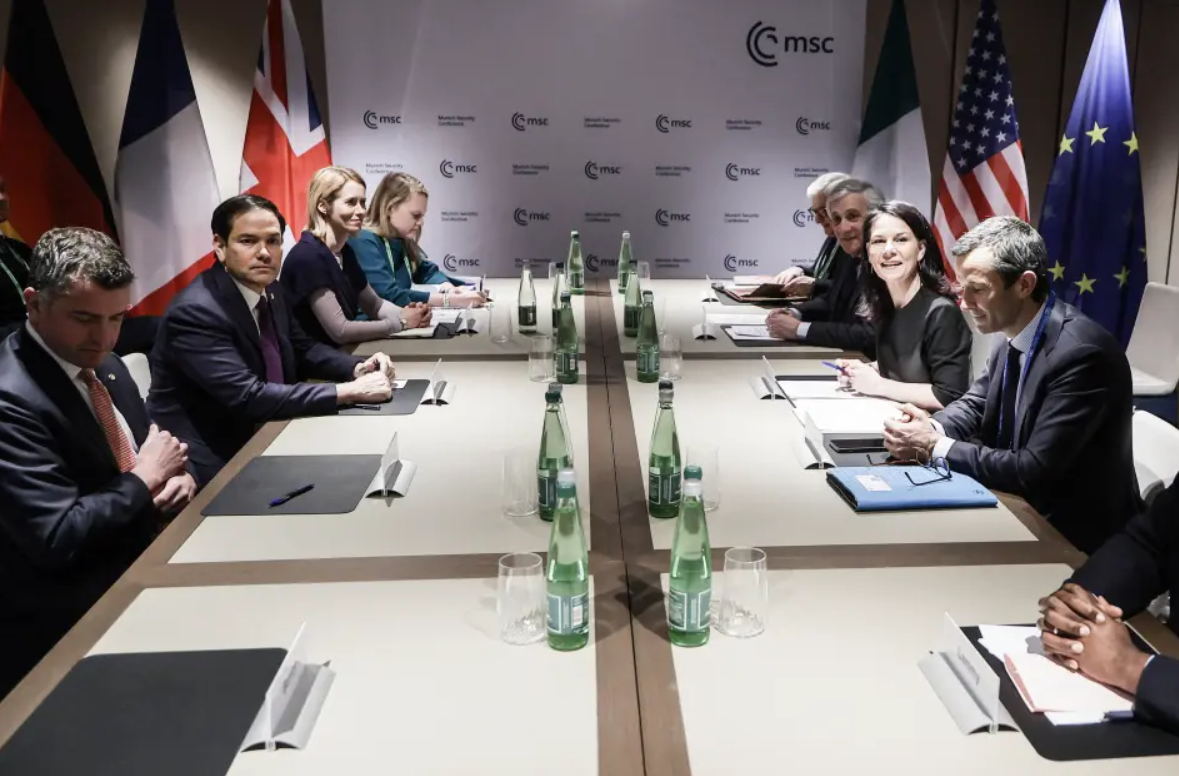
Warwick Powell, Adjunct Professor at Queensland University of Technology, Senior Fellow at Beijing Taihe Institute
Feb 27, 2025
If one takes Marco Rubio’s recent remarks on the end of unipolarity at face value, one could be mistaken for believing that the question of a multipolar world is settled. On the contrary, Rubio’s ruminations, together with remarks from members of the new Trump Administration, including the President himself, buttressed with decisions made in the first few weeks of the new administration, suggest that the issue of multipolarity is very much in question.
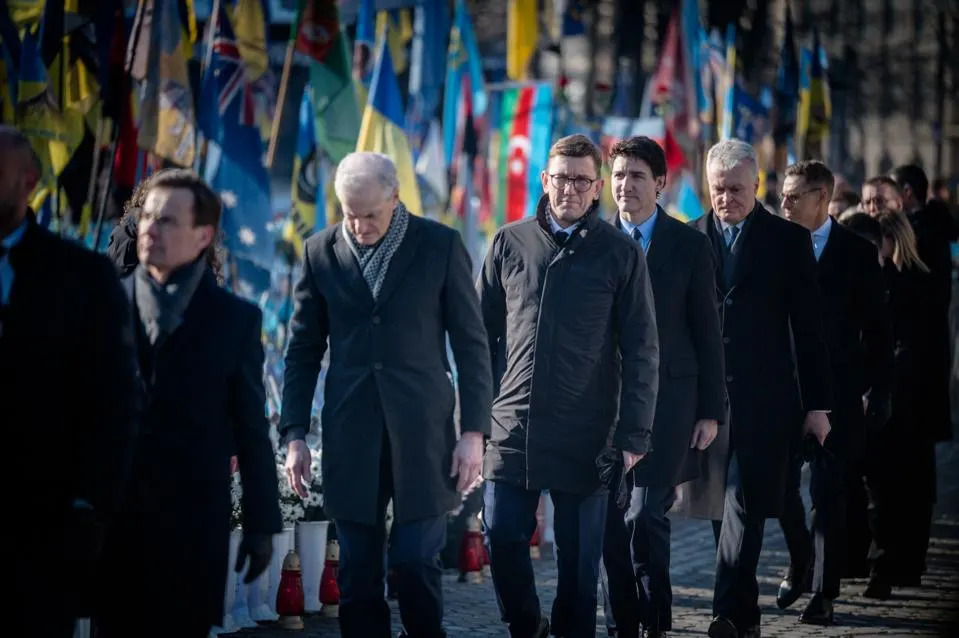
Brian Wong, Assistant Professor in Philosophy and Fellow at Centre on Contemporary China and the World, HKU and Rhodes Scholar
Feb 26, 2025
The future is uncertain for the European Union as powerful regimes with inward-looking agendas have begun rolling out policy in the U.S., Germany, and France, due in no small part to the second Trump administration. For Europe, NATO, and the conflict in Ukraine, this could potentially lead to unprecedented changes in the modern global order.
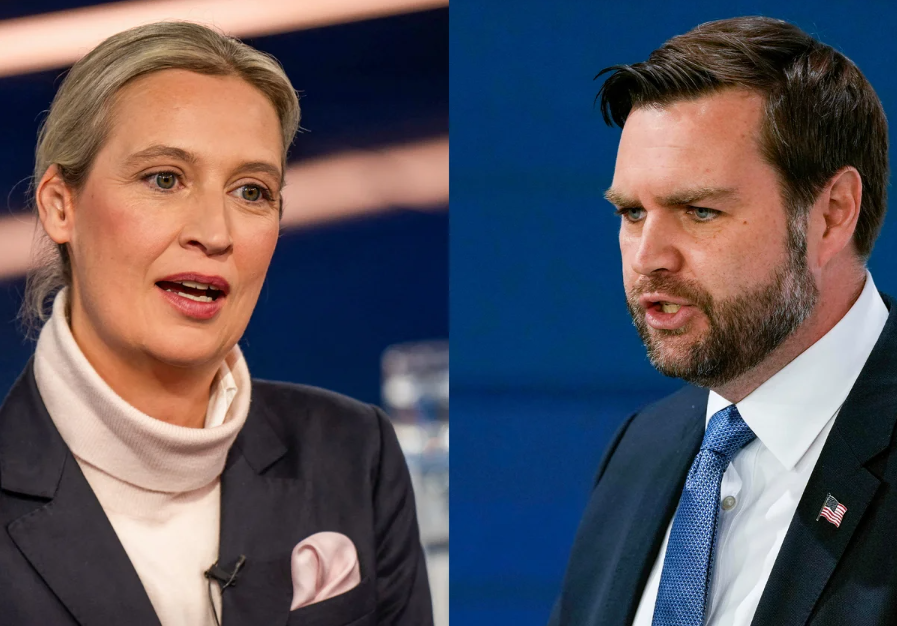
Sebastian Contin Trillo-Figueroa, Geopolitics Analyst in EU-Asia Relations and AsiaGlobal Fellow, The University of Hong Kong
Feb 26, 2025
Trump’s proudly professed vision of greatness has once again become foreign policy, casting doubts over the stability of America’s relationships with even its closest allies. Could this sudden shift in paradigm strengthen China’s positions globally?
Sujit Kumar Datta, Former Chairman of Department of International Relations, University of Chittagong, Bangladesh
Feb 26, 2025
America’s stunning withdrawal from global leadership under President Donald Trump’s isolationist policies has accelerated China’s rise, marking a significant shift in global power dynamics. China’s timing is perfect for the moment as it promotes a vision of global collaboration and shared prosperity.

Li Yan, Director of President's Office, China Institutes of Contemporary International Relations
Feb 25, 2025
Three major conferences held in Europe — the Davos Forum, the Artificial Intelligence Action Summit and the Munich Security Conference — underscored the defining feature of the current international landscape: It’s a complex and evolving mix of cooperation and competition.

Simon Lacey, Head of Digital Trade and Geopolitics at World Economic Forum
Feb 21, 2025
Simon Lacey, Head of Digital Trade and Geopolitics at the World Economic Forum, in a recent interview with Marc Smrikarov of China-US Focus, discusses areas where U.S. and Chinese interests align, such as global financial stability and freedom of navigation. Additionally, he emphasizes the need for patience and understanding on both sides, and to recognize the importance of cooperation in a shifting multipolar world. He also highlights the fragmentation of AI development between the U.S. and China, warning that the lack of cross-collaboration could hinder innovation, and urges a more rational approach to labeling AI and semiconductors as dual-use technologies in national security contexts.